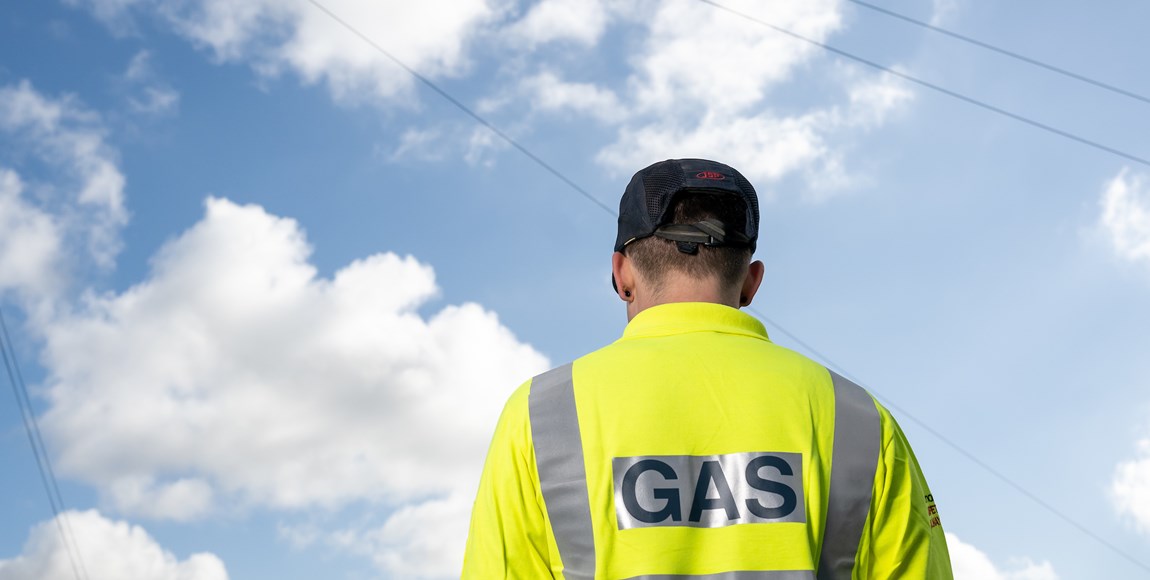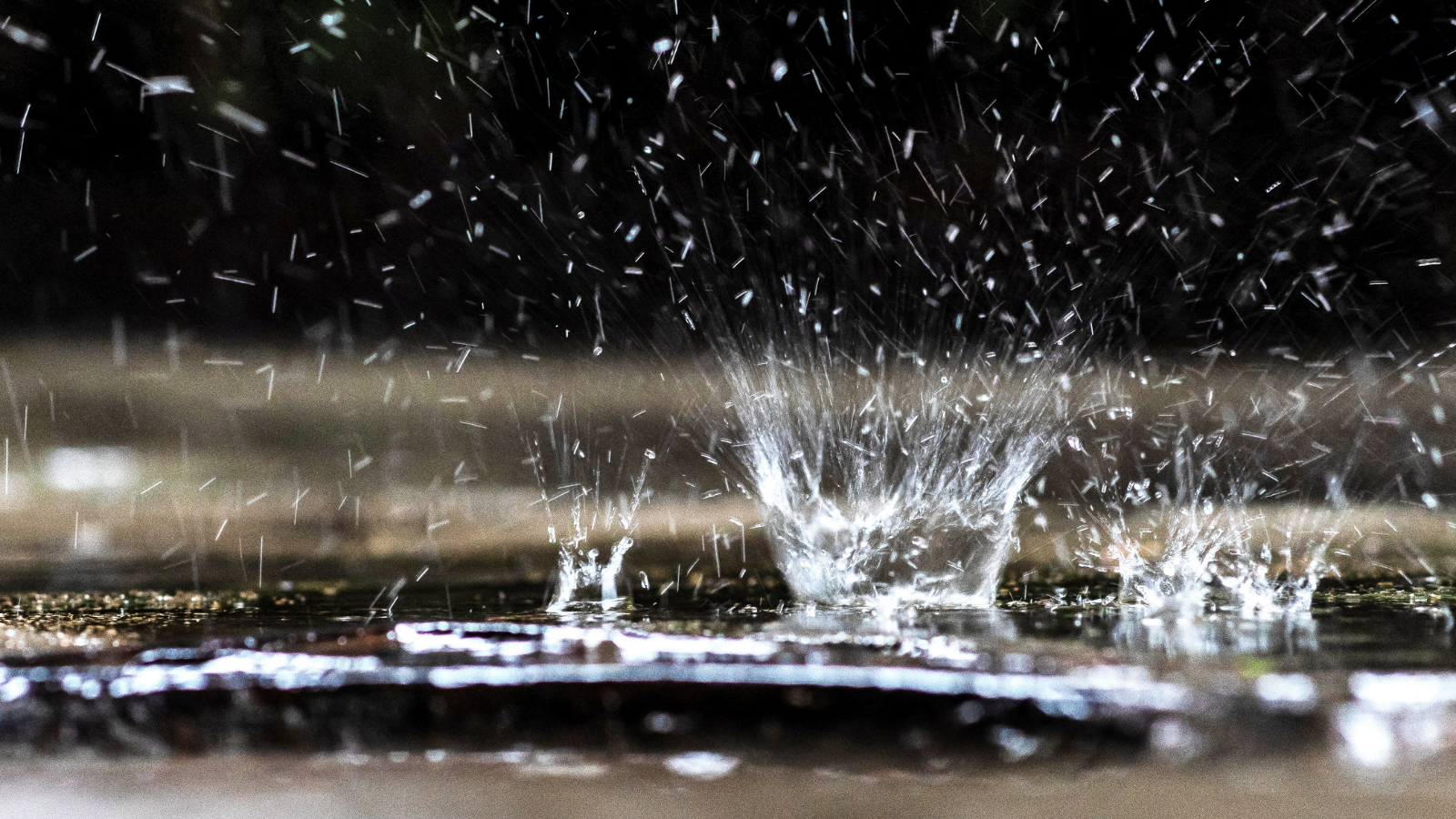Wales & West Utilities is exploring a new technique to produce low carbon hydrogen from waste water, thanks to funding from Ofgem’s Strategic Innovation Fund.
The feasibility study will explore how using less pure water, primarily harvested rainwater, could lower operational barriers and reduce costs for green hydrogen production.
Hydrogen is considered green when it is produced from renewable power from wind or sunshine through electrolysis. Green hydrogen can play a role in energy, transport, heat provision, and hard-to-decarbonise industries, replacing natural gas and other fossil fuels.
Currently, green hydrogen is primarily produced through electrolysis, which usually requires purified water and green electricity.
Wales & West Utilities has partnered with global hydrogen company, Hydrostar, to look at features of a low carbon electrolyser system, which requires a lower quality of water to produce the same green hydrogen.
The project is expected to deliver many benefits including cost reductions to customers and significant water and carbon savings. The project will also consider initial options for deploying the technology across the south west of England.
Matt Hindle, Head of Net Zero and Sustainability at Wales & West Utilities, said:
Low carbon hydrogen is essential to decarbonise gas users across the UK – so it’s important that we have access to a range of production technologies.
We are keen to explore how electrolyser systems can use lower quality water to produce green hydrogen – potentially increasing efficiency and opening new opportunities and areas for development. This technology has huge potential to support our plans to transport low carbon hydrogen to our customers in the south west of England and Wales.
The project will run until June 2023.
This project is funded by energy network users and consumers through the Strategic Innovation Fund, a programme from the UK’s independent energy regulator Ofgem managed in partnership with Innovate UK.
Wales & West Utilities is the company that look after the pipes that keep the gas flowing to heat the homes and power businesses of 7.5m people across Wales and south west England. They operate the gas emergency service, connect new homes and businesses, and upgrade the gas network so it’s safe today and fit for the future.
The company is investing £400m between 2021 and 2026 to deliver a Net Zero ready gas network by 2035, while looking after the most vulnerable in communities across Wales and south west England.
The company is also committed to playing its part in getting to Net Zero carbon emissions by 2050. It has 49 power stations connected to its network to support renewables like wind and solar power, while 20 green gas sites inject enough decarbonised green gas to power approx. 180,000 homes, Additionally, the company’s network supplies bus garages in three locations across the south west of England, fuelling CNG buses that improve air quality and reduce carbon emissions from public transport.




